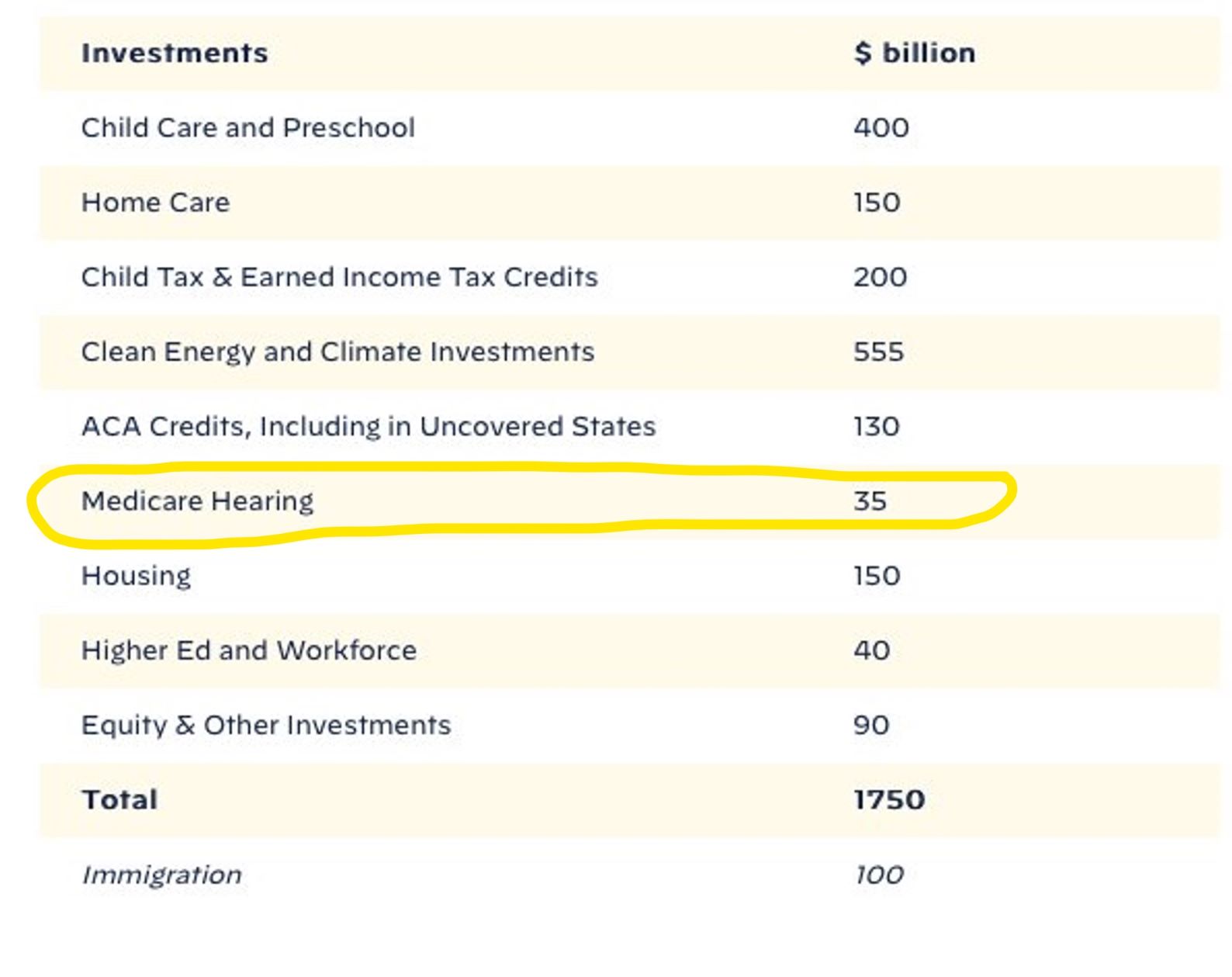Common-sense and fiscally-sustainable Medicare hearing care benefits would directly help seniors with hearing loss.
At the Cochlear Center, we are committed to understanding the impact of hearing loss on public health and developing and implementing accessible, affordable, and scalable solutions. Hearing loss is highly prevalent among Medicare beneficiaries and impacts key health outcomes, yet Medicare has limited coverage options for treating hearing loss.
Policy briefs illustrate the gaps and opportunities in Medicare that would make hearing care coverage available and hearing aids more accessible and affordable.


